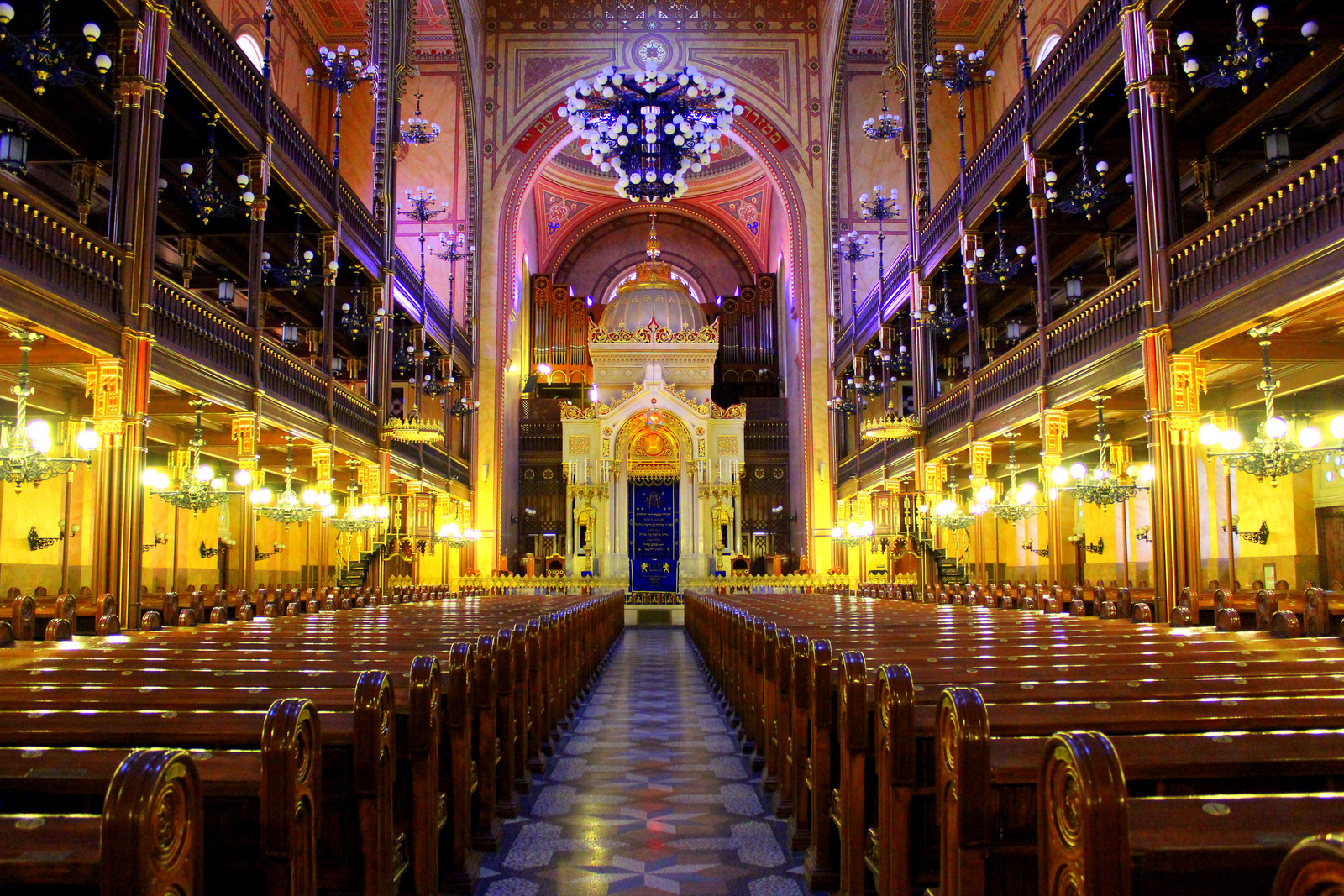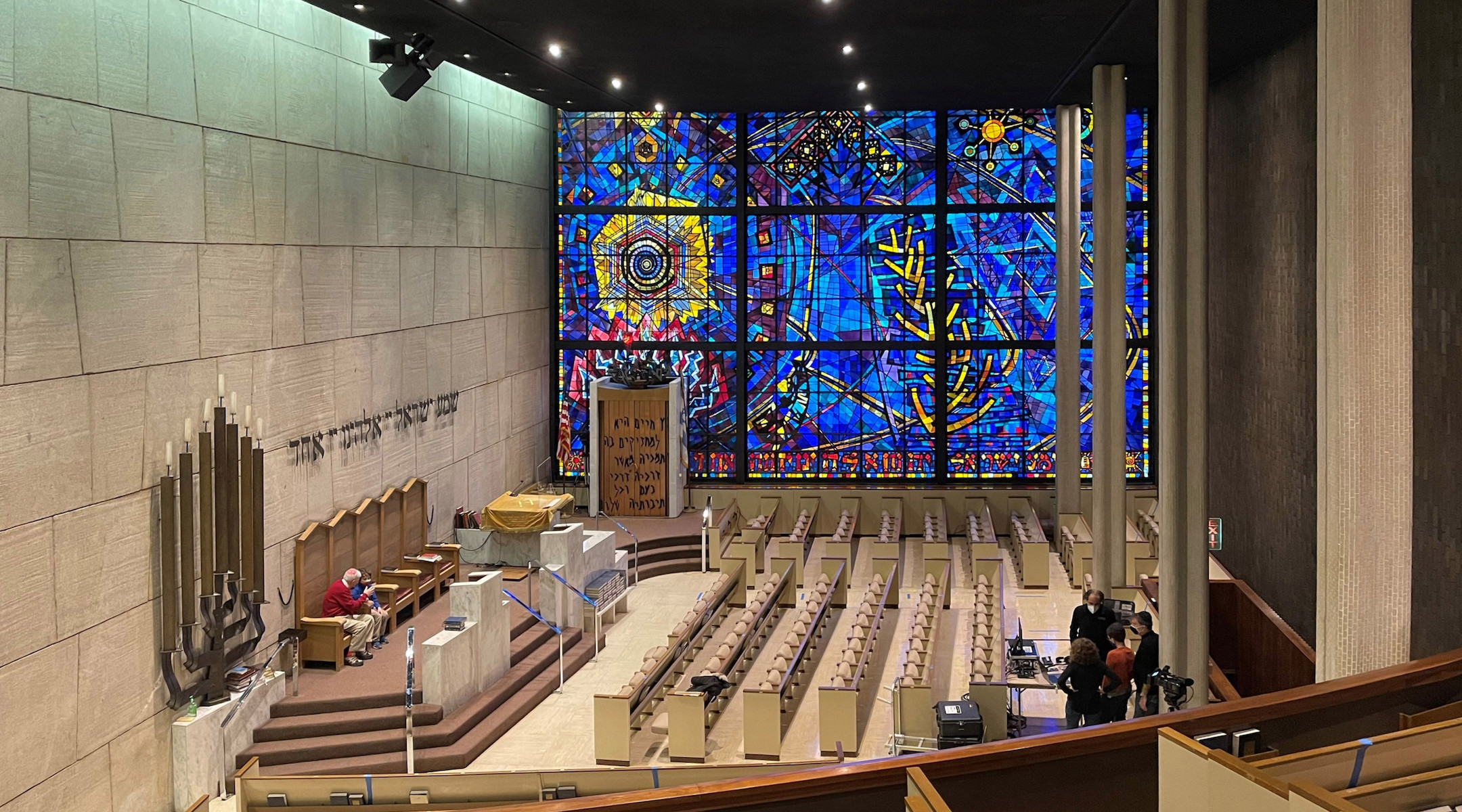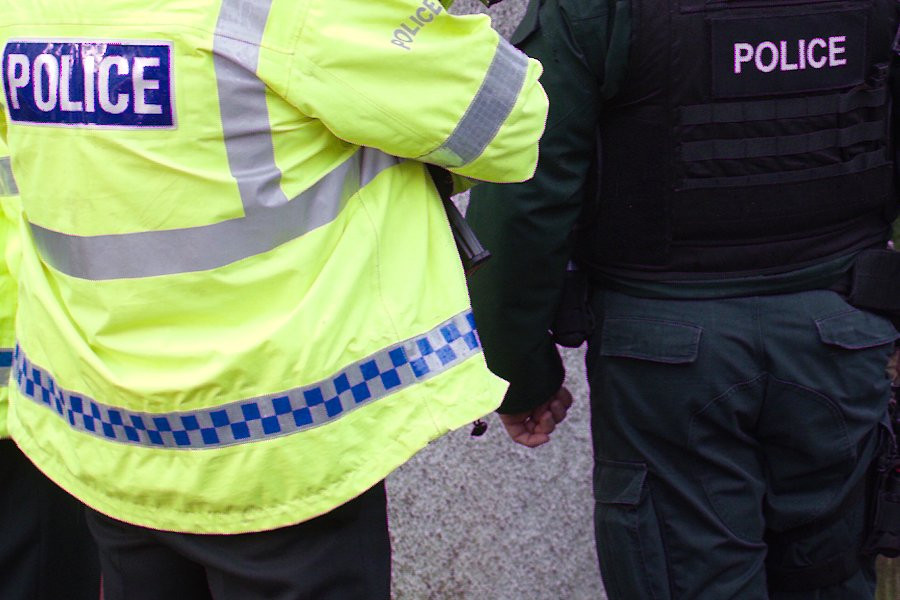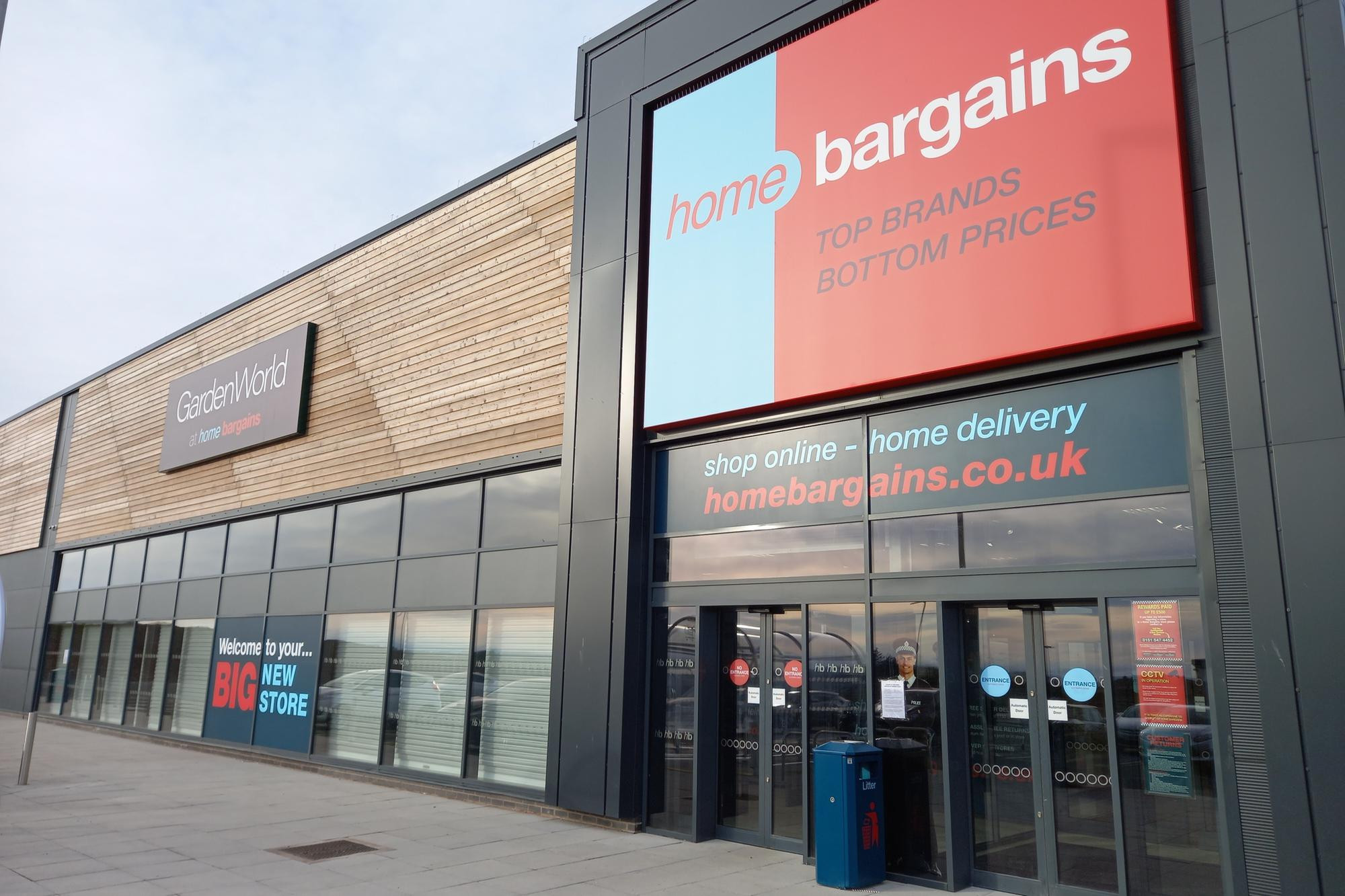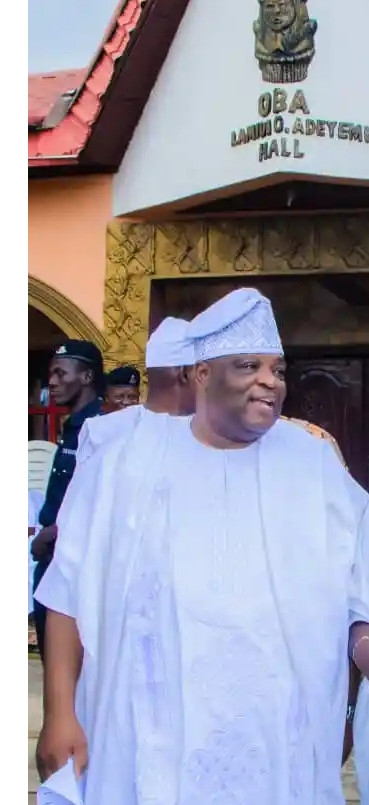For many years, I struggled to attend synagogue because the only option was in-person participation, which posed significant challenges,” says Ellie. Ellie – whose autism meant that the large crowds, unexpected noises and social interactions of a synagogue building were too overwhelming – wasn’t alone. Many could not come in-person, including those who were elderly, unwell, disabled, housebound or simply too far away from their favourite community.
Thanks to advances in technology, and the changing nature of the way many of our congregations now operate, this is no longer an issue. Within Progressive Judaism, the use of technology on Shabbat and festivals – in order to allow people to attend and be part of our services and communities – is encouraged. At my own Ark Synagogue, as members and friends lit our candles for the last Havdalah of 5784, I realised that we were joined by people in Germany, India, Ireland, Israel and the United States, as well as those from all corners of the UK. There was a young family, a group of student rabbis and those who were housebound, including a Holocaust Survivor. Most are weekly participants for whom connecting online provides a vital community that represents the Jewish values of the synagogue: belonging, caring, experiencing and personal.
Being a hybrid congregation and community means that we are connected wherever we are. These past Shabbat evenings, as our students go for the first time or back to university, their family in the sanctuary or in their homes are delighted to have ‘Shabbat Shalom’ messages pop up from their children joining the service from their rooms. Over the High Holy Days, we move from our synagogue sanctuary to a larger venue. Enabling everyone to be connected involves professional support provided by Shock AV and a group of volunteers. To maintain the quality is not easy but this task is just an extension of what every synagogue has ever done at this time of year.
This model is replicated in Liberal and Reform communities all over the UK. Each is set up to suit its particular culture and needs, making sure to be present for those who are physically unable to attend in person – as an essential tenet of our Progressive value of inclusivity – through hybrid services and/or other means of keeping everyone involved. To complement what our communities are doing, there are also online-only Progressive services from Abraham & Sarah’s Tent (a online community). To list every hybrid service taking place over the High Holy Days would fill most of this newspaper – and I’d be bound to leave someone out – but please contact your chosen community, or find the list of our 80 congregations at www.pathtoprogressivejudaism.org.uk, to see how they can include you. I’d like to leave the last word to Ellie – now an Ark Synagogue member and Shabbat regular – who says: “Hybrid congregations like The Ark make it possible for people like me to actively participate and feel included. I am deeply grateful for this forward-thinking embrace of technology and the opportunities it provides.”
Synagogue Accessibility Initiatives: Embracing Diversity and Inclusion
In recent years, efforts to promote diversity and inclusion have increased in every sector of life. Synagogues are no exception and several Jewish organizations have refocused on it as the High Holy Days of Rosh Hashanah and Yom Kippur approach. Yachad Cleveland is dedicated to enriching the lives of Jewish individuals with disabilities and their families, by enhancing their communal participation and their connection to Judaism through social and educational programs and support services. “With the High Holidays approaching and a lot of people planning to spend more time in synagogue than during other parts of the year, it is an appropriate occasion to take a look at our synagogues and ensure they are serving everyone in the community,” Sara Ireland-Cooperman, program director at Yachad Cleveland in University Heights, told the Cleveland Jewish News.
To that end, in February 2023, Yachad Cleveland and the Orthodox Union’s synagogue initiatives department hosted a panel discussion focused on disability inclusion in synagogues. “The panel offered a unique perspective and provided attendees with valuable tools to enhance their understanding and connection to individuals with disabilities,” Ireland-Cooperman said. The live program was also available as a virtual event to synagogues worldwide and featured three speakers on the challenges and joys of being a Yachad parent. “There were so many people, specifically those who have a family member with a disability, who were so thirsty for this conversation,” Rebecca Schrag Mayer, Yachad New York director, previously said.
From that panel discussion, came five objectives synagogues can use to further reach those with special needs, Ireland-Cooperman said. One, allow for familiarity with the synagogue. “Offer tours of the shul to people who are new or visiting so they can become familiar and feel more comfortable in the space,” Ireland-Cooperman said. Two, erect clear signage to ensure congregants are aware of the available accommodations and resources. Three, invite focus and content. “During services, announce page numbers often and display them from the bima,” Ireland-Cooperman said. “Describe the siddur and chumash by color and size, in addition to its publisher. Acquire some large-print siddurs and transliterated siddurs as they could be easier for some to follow along with.” Four, invite participation and lastly, create an inclusion committee, according to the recommendations. “Assemble a diverse group of congregants that will identify and address any obstacles to or concerns about accessibility and then brainstorm and implement solutions to ensure that all congregants feel welcomed, appreciated and included in all parts of shul programming and services,” Ireland-Cooperman said.
Friendship Circle of Cleveland in Pepper Pike works with all people who have developmental disabilities, but offers specific support for the Jewish community when celebrating High Holy Days. There are obvious measures such as modifying synagogues to make the buildings handicap accessible, but showing empathy is equally or even more significant, Rabbi Yosef Peysin, program director of Friendship Circle, said. There have been instances where a family might feel uncomfortable because a child with autism disturbed a prayer, Peysin said. “Extend the grace to make that family feel as welcome as possible,” he said. Friendship Circle of Cleveland also houses an on-site inclusive Hebrew school, Kulanu, which provides instruction three times a week – on Sunday mornings, and Monday and Wednesday evenings – for those with developmental disability, concerning rituals and symbols of Judaism and the High Holy Days.
Yachad has published the Disability Inclusion Resource Guide for Rabbis, as part of the cross-Movement Heneinu Initiative for a more inclusive Jewish world, of which Yachad is co-founder and a member organization. The purpose is to support rabbis and lay leadership in their efforts to make their synagogues more inviting to Jews of varying abilities and disabilities via a plethora of no-cost, small, measurable and easy-to-implement initiatives, Ireland-Cooperman said. At Milestones Autism Resources, similar practices are brought to bear. The nonprofit organization based in Warrenville Heights connects all people on the autism spectrum to resources but makes a particular effort to help those in the Jewish community, with autism, celebrate High Holy Days. It was the recent influx of calls to the organization’s help desk from adults inquiring about diagnosis for autism that inspired the organization’s director of education, Bradley Wyner, to consider additional ways to reach adults with autism. This included efforts to help people with autism that often require routine, to make the celebration of High Holy Days, a comfortable routine, Wyner said. “While the celebration can be seen as a change … it can also become a routine as it occurs each year,” he said. “We offer the resources to help make the High Holidays joyful and comforting (to those with autism),” Wyner said.
Beyond the Synagogue: Inclusivity in Action
The High Holy Days are an important time to highlight core values, and for Chabad Columbus and its associated organizations, inclusion is always a centerpoint. Rochel Kaltmann, event coordinator at Chabad Columbus, told the Columbus Jewish News that there is value in including individuals with special needs and other neurodivergencies in all types of activities, but around the holiday, there is further need to engage everyone, regardless of ability, in holiday activities and traditions. “It’s our responsibility as leaders and community members to make sure that everyone is included and not one person feels left behind,” she said. “Inclusion is a priority. We’re not a complete community if any member is not encompassed. If we need to work a little harder to accomplish this, that’s what we have to do. We are very fortunate that we live in such a beautiful community with this as a core belief, for example, we have teenagers that volunteer to make these activities happen.”
Caroline Raya, 35, of Gahanna has Down’s Syndrome and has been benefitting from the inclusiveness of Chabad’s Friendship Circle since 2003. She’s very involved with all Chabad activities, with her mother Arlene, describing to the CJN how her daughter’s only Jewish engagement is through Chabad activities. She said her daughter is very involved with Chabad Columbus and Friendship Circle, and also has a paying job at Lifetown, where she works in a clerical capacity. Lifetown is a realistic indoor city that provides a safe, structured environment for individuals with disabilities to learn life skills. “It’s just so welcoming,” Arlene Raya told the CJN. “She has made so many friends there, she sees all her friends from Friendship Circle. Jewish people must recognize that everybody in our community is not alike, not everyone is wealthy and professional. Hashem puts different types of people on the Earth, and including others makes you more understanding and charitable. A lot of people at Chabad know Caroline. But for those who don’t, even just seeing her sitting there is important, another Jew a little bit different from them. (Rabbi Areyah Kaltmann) sometimes even mentions her in the sermon. We are all equal under Hashem. Chabad gives her a Jewish atmosphere and that’s what’s important.”
Rochel Kaltmann implements an atmospheric and concrete curriculum to create an inclusive Jewish environment that helps participants like Caroline and many others, she said, which is especially highlighted during the High Holy Days. “At Chabad on the High Holidays, we offer all-generational family services,” Kaltmann said. “All activities are extremely hands-on, with touch-and-feel activities for holiday-themed items, inclusive games, and davening with sing-alongs. Everyone has their time to shine. Every ten minutes, something is planned, like spin-the-wheel games, stories, and prayers.” Kaltmann emphasized that practices at Chabad can also be supported by observances at home. “Families need to know that practicing Jewish traditions such as lighting Shabbat candles together as a family is so important for children to form a connection in a Jewish and family setting,” she said. “Especially since for many of these children, unfortunately, a lot of people interacting with them are hired professionals, so it’s a job for them. When a child has a friend and forms a community, it’s so affirming. For those with special needs and neurodivergence to finally have a home, it’s tremendously supportive and makes such a difference in their happiness and quality of life, and that’s what we want for our fellow Jews, especially during the High Holidays, we look around us and see who is there that we can pull into our circle who may be sitting on the perimeter.”
A Step Forward: A More Inclusive Future
The efforts of these organizations and synagogues are a testament to the growing understanding of the need for greater inclusivity in Jewish communities. By creating welcoming and accessible environments, they are ensuring that everyone can participate fully in Jewish life, regardless of their abilities or disabilities. As we move forward, it is essential to continue building on these initiatives, creating a more inclusive future where everyone feels a sense of belonging and acceptance. These efforts not only enrich the lives of individuals with disabilities, but also strengthen the Jewish community as a whole.




